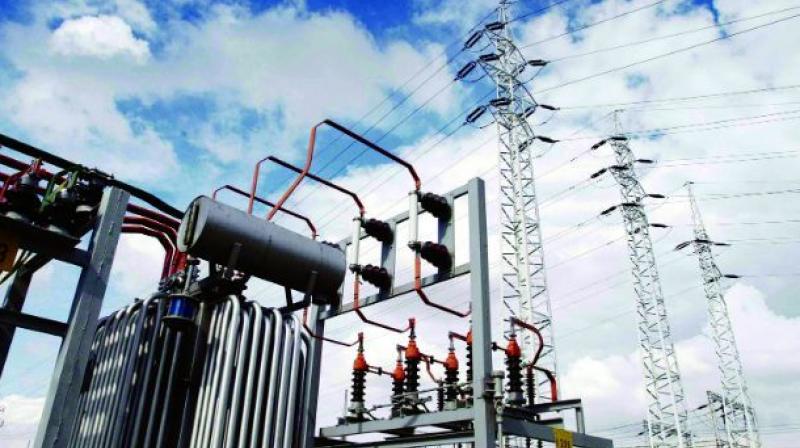India's Power Crisis: 22 States Raise Tariffs, Discoms Still Struggle
Twenty-two states have increased power tariffs, but discoms still face significant losses and rising subsidies for FY25

Chennai: Twenty-two out of 28 states have gone for power tariff hike post-elections. However, discoms continue to incur losses and power subsidies are expected to go up in FY25.
The tariff-determination process for state discoms improved after the elections. As many as 22 states issued tariff orders as of July 2024. The median tariff rise was 1.7 per cent, lower than the 2.5 per cent hike approved for FY24, according to ICRA.
Despite an uptrend in tariff hikes in a few states in recent years, discoms continue to incur losses due to increase in power purchase cost, operating inefficiencies and high debt burden. Discoms continued to have weak operating efficiencies, as reflected by higher-than-regulator-approved aggregate technical and commercial (AT&C) losses, inadequate tariffs relative to the cost of supply, a high debt burden and delays in payments from state government departments for power supply. Except for discoms in states like Gujarat, state-owned discoms in most large states remain loss-making despite recent reduction in AT&C losses.
The power purchase cost (PPC) approved for FY25 in the tariff orders is lower than the actual PPC for the discoms in FY23. The cost for FY23 increased due to a higher dependence on costlier imported coal and a rise in short-term market tariffs. While coal prices moderated from the peak in FY23, short-term tariffs remain elevated, maintaining upward pressure on PPC for discoms. Overall, the median five-year CAGR for PPC in the key states was over 5 per cent.
Further, the power subsidies for FY25 is estimated to increase to Rs. 1.9 trillion from Rs. 1.7 trillion in FY2023 owing to the rising cost of supply and additional subsidy schemes by certain states, including Karnataka and Telangana. This estimate excludes the loss funding support provided by state governments as agreed under Central Government schemes. The loss funding support remains quite large in some states like Tamil Nadu, finds ICRA.
Reforms are under way to address the challenges faced by the distribution segment, including the Revamped Distribution Sector Scheme (RDSS) to reduce AT&C losses, late payment surcharge (LPS) rules to reduce dues from discoms to generators and the Fuel and Power Procurement Adjustment Surcharge (FPPAS) to ensure the regular pass-through of variations in power purchase costs.
